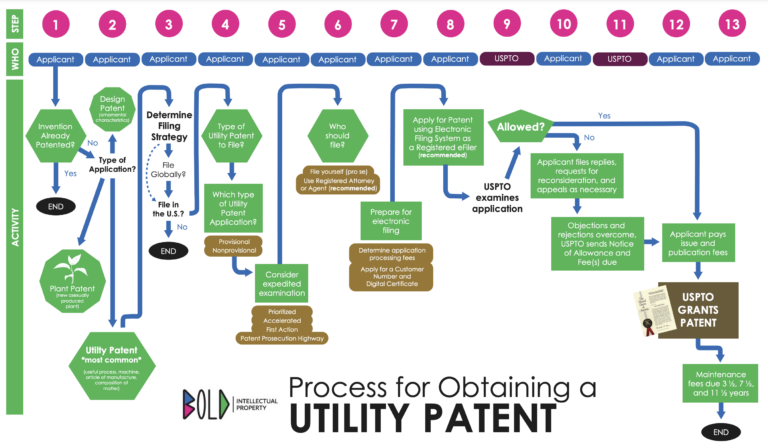Lawyer Time Management Techniques: Master Your Workday and Boost Efficiency
Time management is a crucial skill for lawyers, given the demanding nature of their profession. Between client meetings, court appearances, and hours of legal research, managing a packed schedule can quickly become overwhelming. Lawyers must juggle multiple cases, meet tight deadlines, and maintain attention to detail without sacrificing the quality of their work. Effective time management not only improves productivity but also ensures a healthier work-life balance. In this article, we’ll explore key lawyer time management techniques that will help streamline your daily workflow, stay on top of tasks, and improve your overall performance as a legal professional.
Prioritize Tasks Using the Eisenhower Matrix
One of the most effective time management techniques for lawyers is prioritization. The Eisenhower Matrix is a powerful tool that helps you distinguish between tasks that are urgent and important. This matrix divides tasks into four quadrants:
- Urgent and Important (Do First)
- Not Urgent but Important (Schedule)
- Urgent but Not Important (Delegate)
- Not Urgent and Not Important (Eliminate)
By categorizing your tasks in this way, you can tackle high-priority work first, like preparing for court, while scheduling less urgent tasks for later. This approach not only reduces stress but also ensures that critical deadlines and client needs are met without delay.
Break Down Large Tasks into Manageable Chunks
Lawyers often face large, complex tasks that can feel overwhelming—whether it’s drafting a lengthy contract, preparing for a trial, or handling a multi-faceted legal case. One of the best time management techniques is to break these tasks down into smaller, more manageable pieces. This is called “chunking.”
For example, instead of viewing the preparation for a trial as one large task, break it down into steps like researching case law, meeting with witnesses, drafting opening statements, and preparing exhibits. By focusing on one small chunk at a time, you’ll maintain focus, avoid procrastination, and make steady progress towards completing your work.
Utilize Technology for Task Management and Scheduling
In today’s fast-paced legal environment, technology plays a key role in improving time management. Lawyers can take advantage of a range of software tools to track tasks, manage deadlines, and stay organized.
Case management platforms like Clio, MyCase, or PracticePanther allow you to schedule appointments, track case milestones, and monitor billing all in one place. These tools also offer reminders and notifications, reducing the chances of missing important deadlines. Additionally, calendar apps like Google Calendar or Microsoft Outlook allow you to color-code meetings and block out focused work time, ensuring that your day is structured for maximum efficiency.
Delegate Routine Tasks to Free Up Your Time
Delegating tasks that don’t require your specific expertise or attention can significantly improve your time management. Whether you’re part of a large law firm or working as a solo practitioner, you likely have access to support staff or junior associates who can assist with administrative tasks, document management, or legal research.
By delegating routine tasks, you can focus on more strategic, revenue-generating activities like client consultations, case analysis, and court appearances. You can also consider outsourcing certain functions, such as bookkeeping or document filing, to trusted professionals. The time saved allows you to dedicate more energy to the aspects of your job that truly require your skill and expertise.
Set Boundaries and Manage Your Energy
Time management for lawyers isn’t just about fitting more tasks into your day it’s also about managing your energy levels and setting boundaries to prevent burnout. Lawyers often struggle with long hours and demanding clients, leading to mental fatigue and decreased productivity.
Set clear boundaries around your work hours, and be mindful of when you’re most productive. Some lawyers are most focused in the early mornings, while others work better in the afternoons or evenings. Identify your peak hours and schedule your most complex tasks during these times. For less demanding tasks, such as responding to emails or organizing case files, allocate your lower-energy periods.
Additionally, it’s essential to take breaks throughout the day to recharge. Use techniques like the Pomodoro Method work in focused 25-minute intervals, followed by a 5-minute break to maintain mental clarity and avoid exhaustion.
FAQs About Lawyer Time Management
1. How can I avoid feeling overwhelmed with my caseload?
Start by prioritizing tasks, breaking down complex projects, and delegating when possible. Using tools like task management software or simple to-do lists can help you stay organized and on top of deadlines.
2. What are the best tools for managing my law firm’s schedule?
Case management software like Clio, MyCase, and PracticePanther is excellent for managing appointments, deadlines, and case workflows. Additionally, using calendar apps such as Google Calendar or Outlook can help keep your schedule on track.
3. How can I improve my focus during long hours of legal research?
Break your research into manageable chunks, take regular breaks, and use time management techniques like the Pomodoro Method. This will keep your mind sharp and help you stay focused throughout the day.
4. Is it okay to delegate legal tasks to my staff?
Yes, delegating routine administrative or research tasks to paralegals, assistants, or junior associates is not only acceptable—it’s essential for maximizing your efficiency and focusing on high-value legal work.
5. How can I avoid burnout as a busy lawyer?
Set clear boundaries between work and personal time, identify your most productive hours, and make time for regular breaks. Prioritizing self-care and managing your workload effectively can help prevent burnout and maintain long-term productivity.

